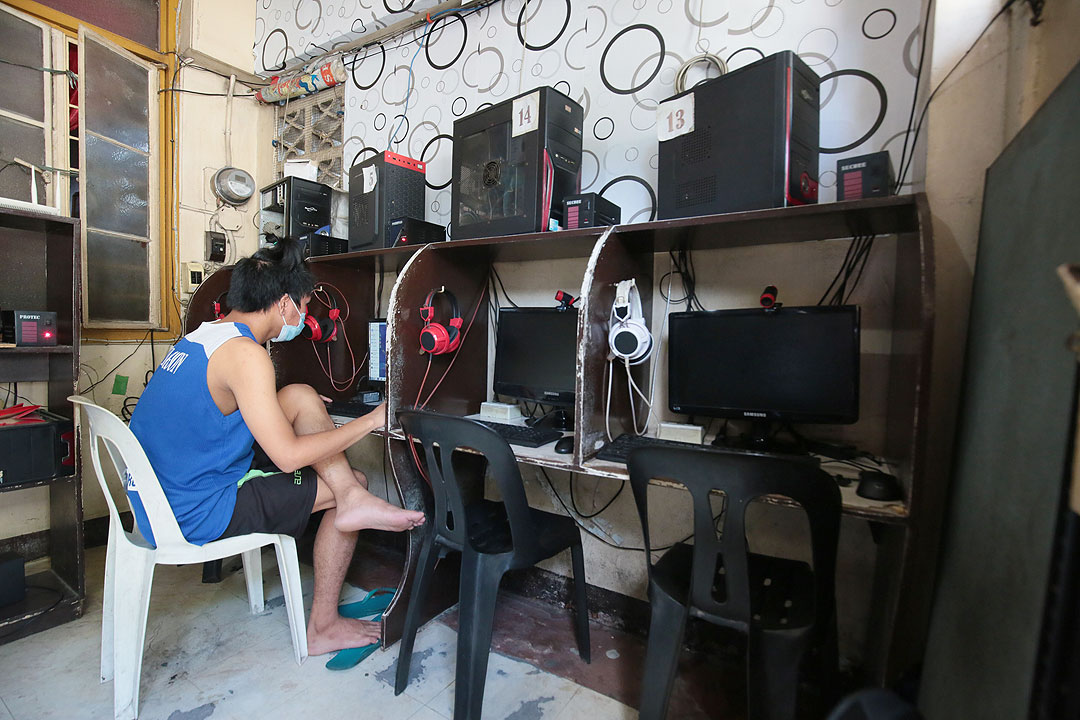Revenue boost seen if VAT imposed on digital services — IMF

EMERGING ECONOMIES including the Philippines could get a much-needed boost in revenues if they start collecting value-added tax (VAT) from the digital economy, a study by the International Monetary Fund (IMF) showed.
In a paper “Digitalization and Taxation in Asia” released on Tuesday, IMF economists Andrew Hodge and Dinar Prihardini said increasing digitalization has raised new tax challenges for Asian countries, especially since their existing systems have been criticized for failing to tax highly digitalized businesses.
“Extending the value-added taxes to capture e-commerce and digital services more effectively could yield significant short-term revenue and other efficiency gains. Capturing VAT on digitally provided services and e-commerce supplied from abroad will help countries increase revenue unilaterally. Applying VAT consistently on all digital imports also levels the playing field between domestic and foreign suppliers, and between goods and services — thus enhancing efficiency,” the IMF economists said.
Countries like the Philippines, Indonesia and Vietnam may see an increase in overall VAT revenue if digital services are taxed.
“Estimates based on survey data suggest that charging VAT on remotely delivered digital services and some goods to customers could directly increase overall VAT revenue by between 0.04% and 0.11% of gross domestic product (GDP) in Bangladesh, India, Indonesia, the Philippines, and Vietnam,” the IMF economists said.
The IMF economists noted that many Asian countries are exerting additional efforts in taxation to meet its revenue goals.
“Asia’s unrivalled level of internet connectivity, which has underpinned the economy’s digitalization beyond the ICT sector, creates enormous scope for future growth,” they said.
However, the IMF economists warned that unilateral digital service taxes may also have repercussions.
“Digital service taxes are simpler in design and implementation than corporate income tax initiatives, but risk introducing distortions of double taxation and trade retaliation,” they said.
The IMF economists noted that US multinational enterprises (MNEs) would be the primary taxpayers for digital service tax schemes. This as 25% of profits earned by foreign MNEs are made by those based in the United States.
In this scenario, potential retaliatory trade measures could be a possibility once digital service taxes are imposed, the IMF said.
“For countries such as Bangladesh, India, Indonesia, the Philippines, Singapore, and Vietnam, US MNEs dominate, accounting for more than 50% of profits earned by foreign MNEs,” it said.
In the Philippines, House Bill 7425 proposed a 12% VAT on digital services, particularly those offered by technology giants such as Facebook, Netflix, Inc., Alibaba’s Lazada and Alphabet’s Google. The measure has been approved by the House Ways and Means Committee in July last year.
Based on estimates from the Department of Finance, the measure could generate P10.66 billion in annual revenues for the government.
“The pandemic and associated lockdown measures are accelerating the development of digital economic activity, including transactions and sales of digital goods and services. This trend would likely have a bearing on future revenue potential,” the IMF said. — Luz Wendy T. Noble



